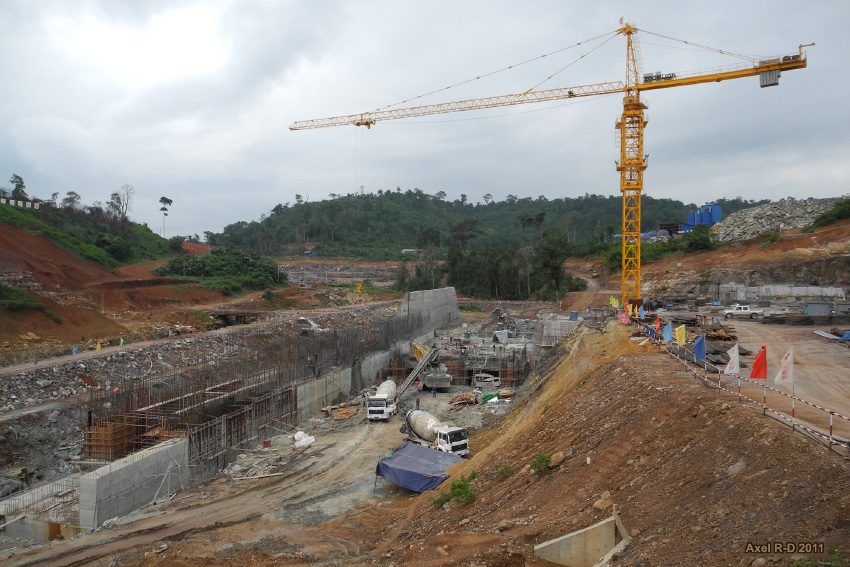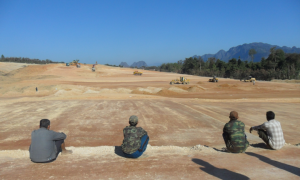In early July 2020, Sarah Milne and Sango Mahanty presented a paper for a virtual conference entitled “Extraction: Tracing the veins”, co-hosted by Massey University’s Political Ecology Research Centre and Wageningen University’s Centre for Space, Pace and Society.
Drawing from our Cambodian cases, the paper examines hydropower dams as “engines of extraction”. Here we argue that dams—whether proposed, constructed or completed—generate deep and extensive processes of commodification and extraction. For example, alongside road building and the clearing of future reservoir areas, we observe wider processes of illegal logging and land transformation. Once the reservoir exists, then water and aquatic resources become new commodities too, attracting migrants and investors. Importantly, Cambodia’s hydropower dams feed the country’s vast shadow economy, in which land and timber rents enrich a small elite with connections to the ruling party. With these dynamics in mind, we argue that Mainland Southeast Asia’s addiction to hydropower dams must be considered through this optic of extraction—especially for illicit financial flows.
Conference panel, called “Green Extraction” found here.
 Facebook
Facebook  Twitter
Twitter  Soundcloud
Soundcloud  Youtube
Youtube  Rss
Rss 
